WorldPride 2025 Is Coming… And It’s Gonna Be Massive!
WorldPride 2025 organizers share plans for the ambitious global Pride event, expected to draw 3 million LGBTQ visitors to Washington, D.C.

As Washington, D.C., has been celebrating Capital Pride this weekend, trumpets blaring for WorldPride 2025, coming this time next year, have been impossible to avoid.
The Capital Pride Alliance, responsible for overseeing the annual Pride festivities, frequently mentions WorldPride in nearly every press release it issues.
This year’s Capital Pride Parade, Festival, and Concert — not to mention specially themed dance parties, brunches, pool parties, and even unofficial celebrations at the city’s various LGBTQ nightlife venues — are serving as a kind of run-through for WorldPride.
Organizers are putting in place a basic framework for accommodating up to 3 million visitors looking for places throughout the city to socialize, drink, dance, flirt, eat, and pillow their heads over a three-week-long period from mid-May to early June.
“This year is a practice run,” says Bernie Delia, co-chair along with June Crenshaw, of the WorldPride 2025 steering committee. “We moved the parade to see how that route’s going to go, and we’ll have to make adjustments after Saturday as needed — if needed. Everything we’re doing has all been in preparation for 2025.”
The rerouting of this year’s Capital Pride Parade is the most tangible example of how organizers are planning for next year’s celebration.
Instead of winding through the side streets of the city’s historically gay Dupont and Logan Circle neighborhoods, this year’s parade headed south down the bustling 14th Street corridor before hooking left on Pennsylvania Avenue NW and heading east in the direction of the U.S. Capitol building.
The sight of hundreds of thousands — possibly millions — of revelers clad in rainbow attire marching toward the seat of power for our country’s legislative branch will serve as a powerful symbol of the LGBTQ community’s ongoing fight for more legal recognition and broader societal acceptance.

Every WorldPride host city must stage certain core events, as required by InterPride, including a human rights conference, an official Pride parade, opening and closing ceremonies, and exhibition or performance spaces for artists.
In addition to all of the above, D.C. will host a five-day Capital Cup Sports Festival featuring tournaments across various disciplines, including bocce, dodgeball, flag football, pickleball, rock climbing, rugby, soccer, swimming, and water polo.
Other events include a two-day global music festival and dance party, featuring cutting-edge and immersive experiences with multiple stages playing various genres of music from EDM to house to pop to techno. There will be a two-week choral festival hosted by the Gay Men’s Chorus of Washington DC. And, of course, a massive human rights rally and march across the National Mall that concludes at the U.S. Capitol.
WorldPride organizers have been floored by the outpouring of support from the community, local businesses, city leaders, and arts venues, for such a large-scale Pride event.
“Most people, at least in my experience, have been thinking about this before we even kicked off official conversations with them,” says Crenshaw. “They’ve been saying things like, ‘We’ve been talking about the ways in which we can get engaged and support this.’ I’ve only witnessed a real high enthusiasm around involvement.”
Some skeptics have expressed concern over the city’s ability to handle such a large-scale event, but Delia notes that D.C. was largely praised for its handling of former President Barack Obama’s inauguration in 2009, which drew nearly 1.8 million visitors to the city — in particular, the area around the National Mall and the U.S. Capitol.
“We’re engaging with the District, Maryland, and Virginia for housing,” he says. “There’s a very good transportation system in the city, and Metro is a great way for people to get around, so we’ll be making full use of that. We’re going to be making use of venues around the city to accommodate people for parties and events.”
Crenshaw says organizers have intentionally planned to hold events throughout the District and the surrounding region, noting that the WorldPride festivities will be fully inclusive and not confined to select wards and neighborhoods.
“There’s not this heavy emphasis around the Dupont Circle area or the places in which we typically host most of our events,” she says. “It’s intentional for us to think about the entire city, and I think if you look at the larger space and the infrastructure that’s already in place here, it feels like something we could accomplish. Therefore, we can make WorldPride significantly more inclusive than any of our prior events.”

Ryan Bos, the executive director of the Capital Pride Alliance, says organizers have begun applying for permit requests with the National Park Service asking to use land to host the various WorldPride events. He expects to utilize D.C.-owned parks and fields on the south side of the Anacostia River, as well.
WorldPride organizers will encourage local organizations, civic groups, and neighbors to be creative and devise other informal “partner” events that can be held over the event’s three weekends.
As one example, Delia points to the popular Pride in the Park, held in D.C.’s Bloomingdale neighborhood, which routinely draws hundreds to Crispus Attucks Park.
Bos notes that 200 similar-style partner events were held throughout the Sydney area when the Australian city played host to WorldPride in 2023. He would like to see that number exceeded in Washington, D.C.
“It’s not about us directly organizing those events, it’s creating a platform for folks to say, ‘We want to organize something,’ and not all on that final weekend,” he says. “There are three weekends and two full weeks where people should be thinking about how to spread out events that showcase our rich culture and communities.”
“I’ve already been asked many times by different organizations, ‘We want to participate in WorldPride. How do we do that?’” adds Delia. “And I’ve pretty much said to everybody, ‘You formulate what it is you want to do, and we’re here to help coordinate and spread the word, so everyone knows what you’re going to be doing.’ We couldn’t possibly put on 200-plus events by ourselves, but with the input and cooperation of the community, that’s what we hope will occur.”

Washington, D.C. has long sought to stage a global-scale LGBTQ event, beginning with two separate bids to host the Gay Games in 2014 and 2022. Advocates of both bids lobbied heavily, only to lose out to Cleveland in 2014 and Hong Kong in 2022, with the latter event later postponed by COVID-19 pandemic-related restrictions.
Bos says that when Capital Pride Alliance was formed in 2008, one of the long-range goals was to have D.C. host a WorldPride event, but being selected was viewed by some as more of a pipe dream than a realistic expectation until 2019, when organizers put serious muscle into selling the city as a destination for the global Pride festival’s 2025 event.
Unfortunately, D.C. was passed over once again, this time in favor of Kaohsiung City, Taiwan.
However, in 2022, the WorldPride 2025 Taiwan Preparation Committee withdrew its bid, claiming that it was unable to reach a settlement with InterPride, the global organization that oversees WorldPride, regarding various issues, including the name of the festival and planned events.
Following Kaohsiung’s withdrawal, D.C. leaders quickly moved to fill the vacuum and offered to serve as the host city, despite the shortened window of time between the bid being approved and the actual event. This time, they won the bid.
Other proponents of the D.C.-based WorldPride have been Destination DC, a nonprofit representing various businesses and organizations that support the D.C. travel and tourism sector, and Events DC, an organization that promotes entertainment, sporting, and cultural events in the nation’s capital.
“The exciting thing is that it isn’t just Capital Pride Alliance, a small little organization, trying to get these things accomplished,” Bos says. “This is going to be a city-wide initiative…. We’re not just showcasing the LGBTQ+ community, we’re showcasing D.C. as a whole, and that means we all need to put our best foot forward.”

One looming concern over D.C. hosting WorldPride is the negative press that the city has received over concerns about rising crime rates, which have decreased after a brief spike in 2023. Republicans and law-and-order Democrats have sought to paint the District as a crime-infested, lawless city that is dangerous for out-of-town visitors.
“I think some of the rhetoric is overblown in terms of what people’s experiences are,” Delia says. “The city is doing what they can to curb what crime there is. So I don’t think that that’s going to inhibit people from around the globe from coming to visit us.”
Another concern is the possible return of former President Donald Trump, now a convicted felon, to the White House, and whether that could result in cancellations of planned events or the revocation of National Park Service permits.
“The one question we get repeatedly in anticipation of November is: ‘What’s going to happen to World Pride, and is it dependent on the results of the November election?’” says Delia. “And the answer is: ‘This will be going forward. We’ll be putting on a WorldPride from May 23 to June 8, 2025, regardless of what the results of the U.S. election are.’ It’ll be a fantastic celebration no matter what the outcome is.”
Noting that the rally and march across the National Mall are already part of WorldPride, he adds, “If it needs to be more of a protest than it’s currently planned to be, it will turn into that.”
Organizers want to ensure that the WorldPride festivities don’t overshadow a year that will also mark the 50th anniversary of Pride in the nation’s capital. To address that, they’ve created a committee specifically focused on commemorating the 50th anniversary, with a different set of planned events.
Delia says that because WorldPride ends on June 8, organizers are considering scheduling some of the 50th-anniversary events to fill the remaining three weeks of June, which will allow locals to promote and host their own events and ensure the community is in attendance rather than attempting to compete with WorldPride events for visibility.
“We’ve made the 50th anniversary its own focus,” says Crenshaw, “so it won’t be lost in the celebration, but really elevated to an equal standing of significance. We’re trying to make sure that it’s just not an afterthought, and being very intentional about celebrating its own significance.”
Support Metro Weekly’s Journalism
These are challenging times for news organizations. And yet it’s crucial we stay active and provide vital resources and information to both our local readers and the world. So won’t you please take a moment and consider supporting Metro Weekly with a membership? For as little as $5 a month, you can help ensure Metro Weekly magazine and MetroWeekly.com remain free, viable resources as we provide the best, most diverse, culturally-resonant LGBTQ coverage in both the D.C. region and around the world. Memberships come with exclusive perks and discounts, your own personal digital delivery of each week’s magazine (and an archive), access to our Member's Lounge when it launches this fall, and exclusive members-only items like Metro Weekly Membership Mugs and Tote Bags! Check out all our membership levels here and please join us today!







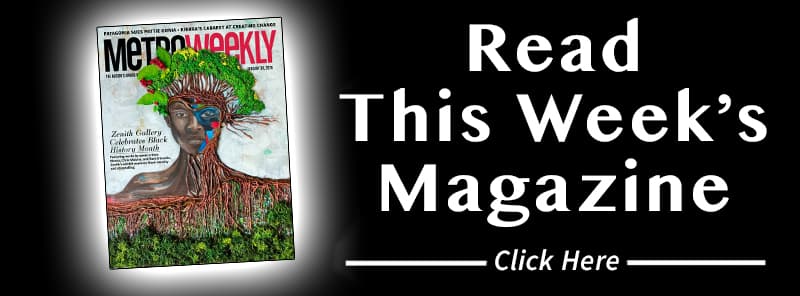
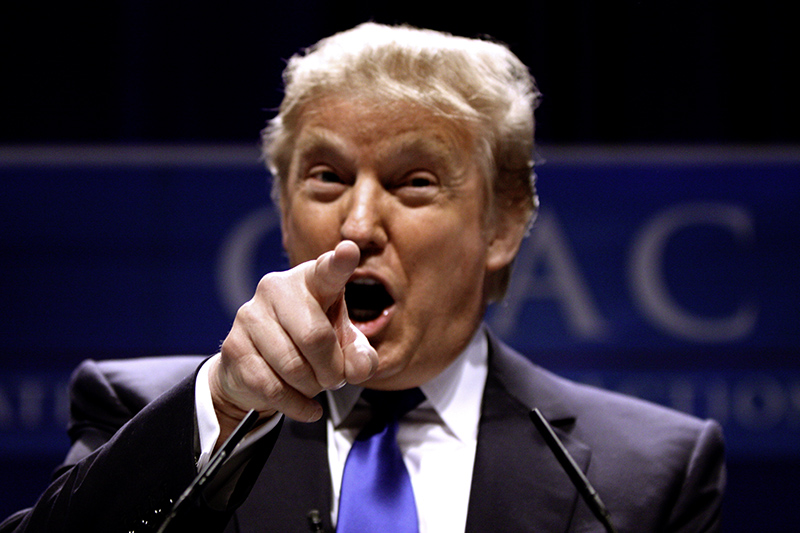
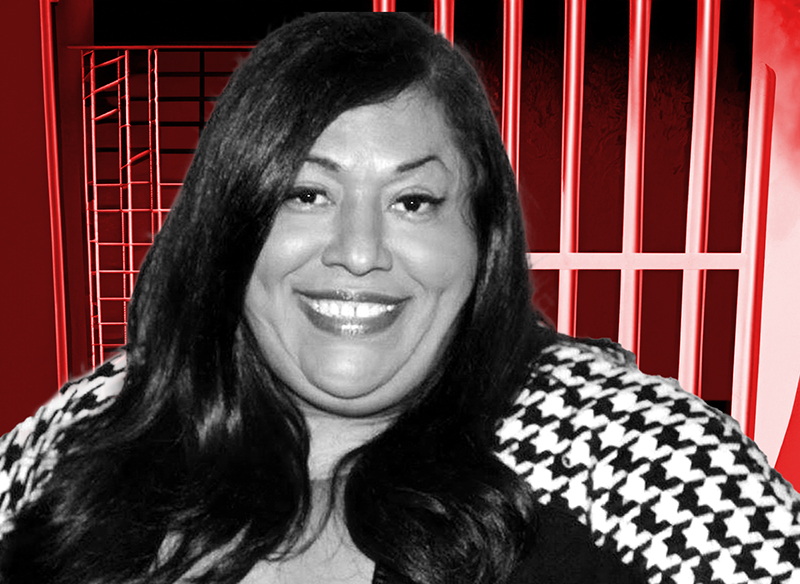
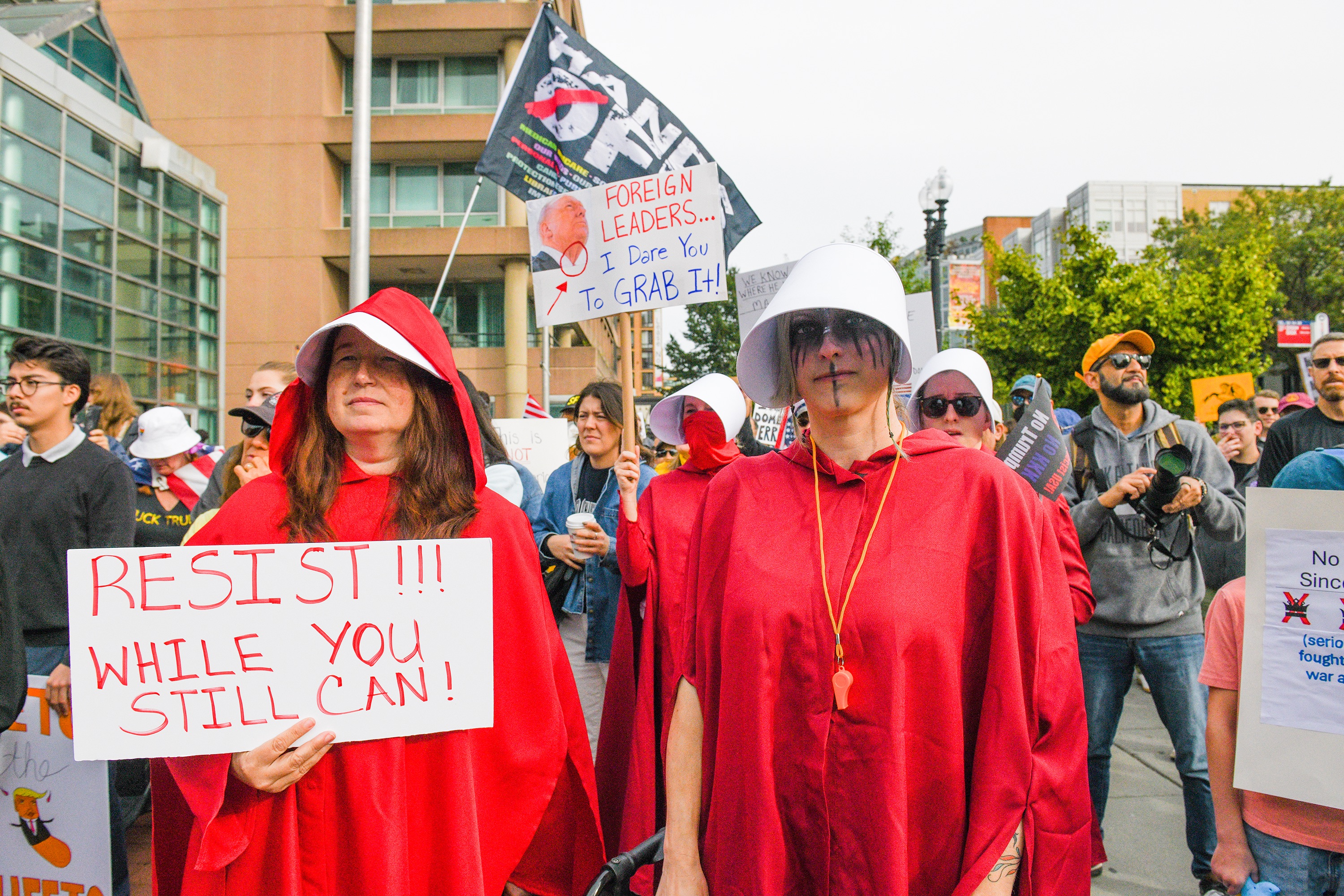













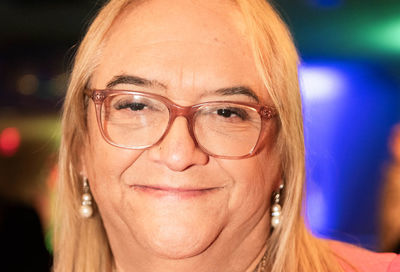
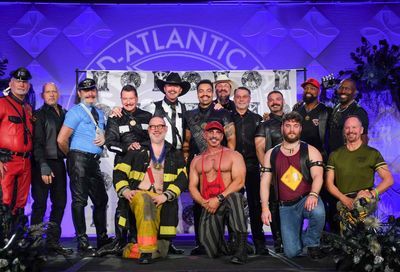
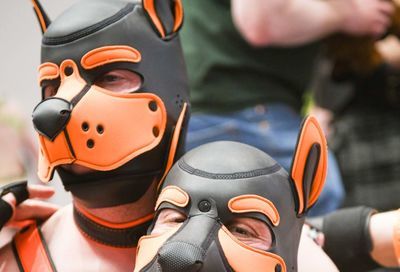
You must be logged in to post a comment.